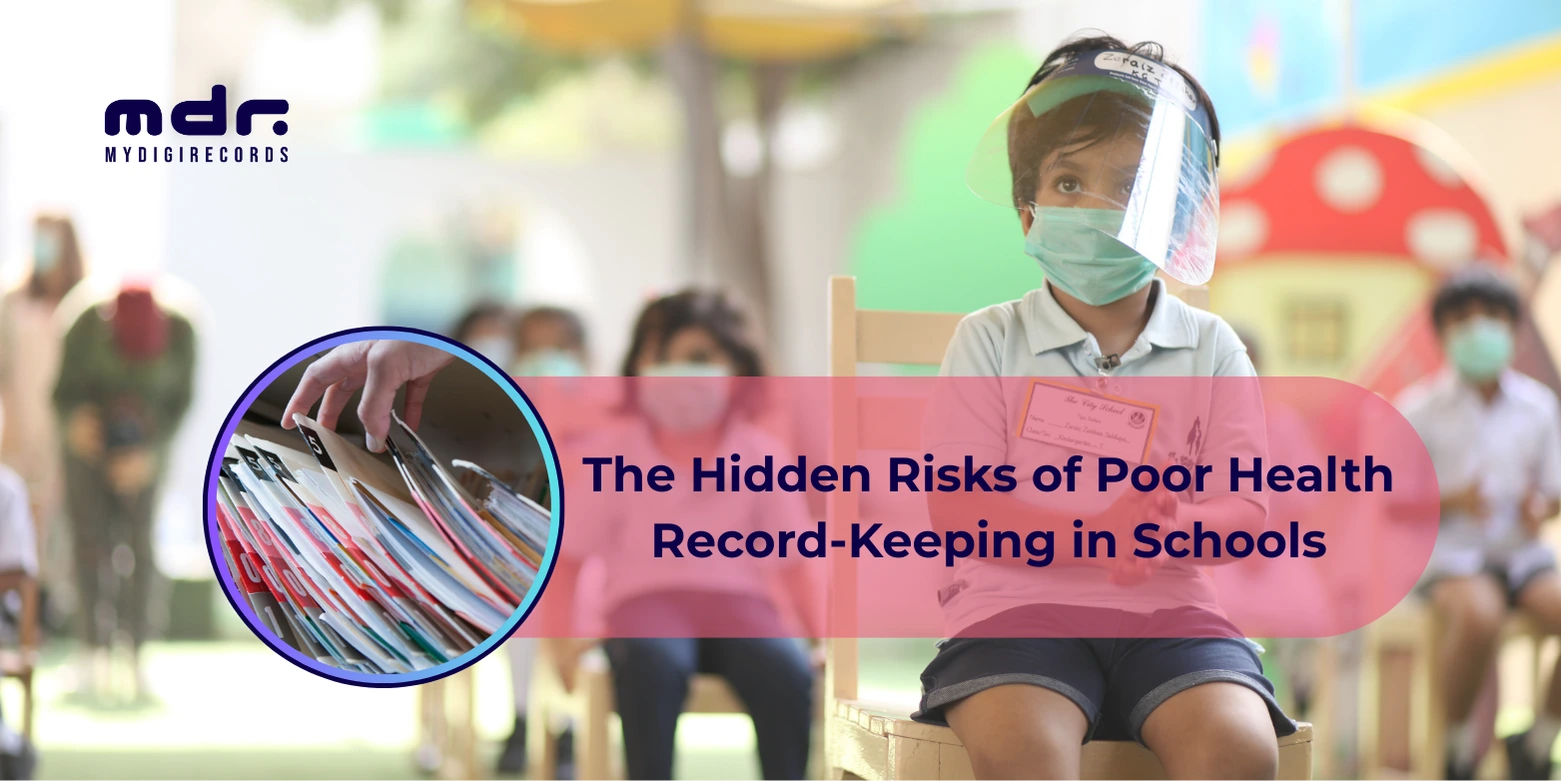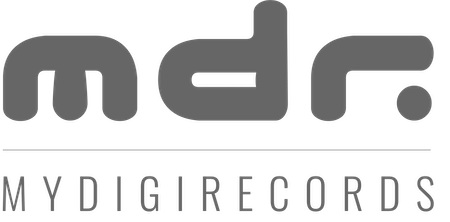The Hidden Risks of Poor Health Record-Keeping in Schools - And Why Digitalization Is the Way Forward
Table of Contents:
A Wake-Up Call for School Health Management
Why Student Health Records Matter More Than Ever
Here’s what a good health record can help with
What Happens When Records Are Missing or Incomplete?
What Education Policy Already Recommends?
The Growing Health Risks Facing School-Age Children
Why Digital Health Records Are the Solution
How a Digital Health Record System Works for Schools
Addressing Common Concerns from Schools
A Wake-Up Call for School Health Management:
Every school emphasizes academics, safety, and extracurricular achievement – but how many are equally invested in managing the health records of their students?
The truth is, thousands of schools across India and around the world still maintain fragmented or poorly managed health data. Whether its handwritten files in dusty cabinets or forgotten emergency contact forms, this approach is not only outdated – it’s dangerous.
In today’s age of rising chronic illnesses, allergies, and mental health challenges in children, the cost of poor health record-keeping is simply too high.
This blog explores the real risks of not maintaining proper health records in schools and why digitalization is no longer a luxury – it’s a necessity.
Why Student Health Records Matter More Than Ever:
Let’s begin with a simple fact: A school becomes a second home for a child. Students spend up to 8 hours a day on campus. During this time, their physical and emotional health is in the hands of the school.
Health emergencies, chronic conditions, allergies, vaccination history, and developmental concerns – all need to be documented and accessible at the right moment.
Here’s what a good health record can help with:
- Responding to asthma attacks, seizures, or allergies quickly.
- Managing students with diabetes, epilepsy, or special needs.
- Keeping vaccination records up to date.
- Tracking weight, nutrition, or vision issues over time.
- Providing accurate data in case of hospitalization or referral.
And yet, many schools lack even the basics when it comes to medical documentation.
What Happens When Records Are Missing or Incomplete?
Let’s look at the real-world consequences of poor health data management in schools:
Delayed Emergency Response: Without documented allergies or emergency contact details, even trained staff can struggle in critical moments.
Overlooking Chronic Conditions: Children with asthma, ADHD, or juvenile diabetes often need regular monitoring—but schools without structured health tracking fail to support them.
Wrong Medication or Treatment: Administering incorrect medication due to missing records can lead to severe complications or even lawsuits.
Difficulty in Referrals: Without a well-documented health history, referring a child to a specialist becomes a guessing game.
Compliance Issues: In some states or countries, schools are legally required to maintain vaccination and health fitness records.
What Education Policy Already Recommends: The CBSE Health Manual Insight
It’s not just health professionals or concerned parents raising alarms—India’s top educational authority has also outlined clear guidance on the importance of student health tracking.
According to the CBSE Health Manual, Volume 1 (2020), schools are expected to maintain structured, ongoing health records for each student, including immunizations, medical history, and periodic health screenings. The manual promotes a holistic approach to student health—physical, mental, and emotional—and recommends integrating health awareness into the school curriculum.
“Maintaining individual health records is essential for tracking student health, ensuring timely interventions, and providing continuity of care.”
— CBSE Health Manual, Volume 1
It also encourages the creation of Health and Wellness Clubs in schools to champion awareness and drive initiatives, while emphasizing parental involvement and staff training as key to successful implementation.
However, while the manual outlines what should happen, many schools are still stuck in outdated, paper-based systems. The path forward? Align with national educational goals by adopting digital health record platforms that can make these recommendations not only feasible—but scalable and impactful.
The Growing Health Risks Facing School-Age Children
We live in an age where health problems once considered “adult-only” are now common in kids.
A few eye-opening stats:
- According to a study by ICMR, 10% of Indian schoolchildren suffer from chronic diseases like asthma, obesity, or diabetes.
- Mental health issues affect 1 in 7 adolescents globally, per WHO data.
- Increasing cases of allergies and autoimmune disorders among children make emergency planning essential.
Now more than ever, schools must move from reactive to proactive health management – and that starts with having the right data in the right place.
Why Digital Health Records Are the Solution
Digital health records solve nearly every problem that traditional methods cannot:
- Instant Accessibility: Authorized teachers, nurses, and admin staff can access a child’s health profile instantly in emergencies.
- Centralized and Secure: No more chasing paper files or relying on memory—everything is stored safely in the cloud with role-based access.
- Real-Time Updates: Parents can update allergies, medications, or new diagnoses, and the school sees the changes instantly.
- Easy Reporting: Schools can pull reports for annual health checks, vaccination audits, or government compliance with just a few clicks.
Better Parent Communication: A digital platform bridges the gap between schools and families, building trust and transparency.
How a Digital Health Record System Works for Schools
Here’s how a platform like MyDigiRecords can help schools transition: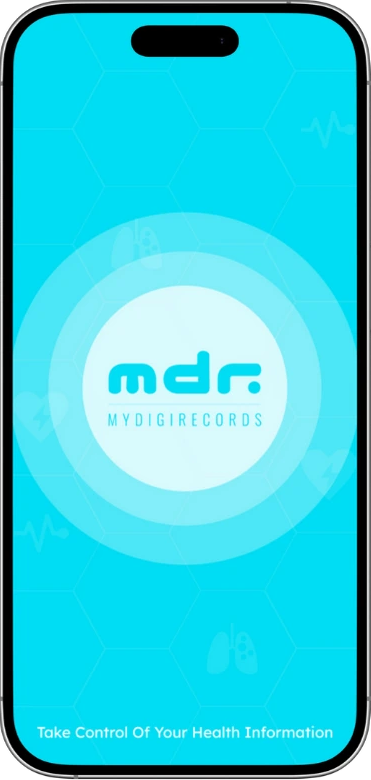
- Parent Onboarding: Parents create and manage a secure health profile for their child.
- School Dashboard: Admins access health summaries, emergency contacts, and alerts.
- Notifications & Alerts: Instant notification if a child has a medical concern or needs follow-up.
- Data Analytics: Visualize trends like the number of students with asthma, low vision, or missing vaccines.
- Privacy First: All records are encrypted and only accessible to authorized users.
The platform supports multi-language entry, so even rural or regional schools can implement it easily.
Addressing Common Concerns from Schools
“Will it take too long to implement?”
Not at all. Onboarding is quick, and most parents are already comfortable with digital apps.
“What about privacy?”
MyDigiRecords is built with HIPAA-compliant protocols and end-to-end encryption.
“Do we need extra staff?”
No. The system is designed to work with your existing team—training and support are included.
How Schools Can Get Started Today
If you’re a school administrator, principal, or part of the health & wellness team, here’s a simple roadmap:
- Schedule a demo of the digital health record platform.
- Start with one grade or one section as a pilot.
- Train your staff and onboard parents.
- Review data and feedback after 30 days.
- Scale it across the school.
It’s that simple – and the benefits are lifelong for both the school and the children.
A Digital Future for Safer, Healthier Schools
Schools shape the future—not just academically but in health, behavior, and habits.
In a world full of rising childhood illnesses and unpredictable health risks, digital health records are not a luxury; they are an urgent upgrade every school must consider.
Let’s create a future where every child’s health is protected, tracked, and empowered – starting with the data.
Download the MyDigiRecords (MDR App) and experience the future of digital healthcare solutions.
More blogs for you to read
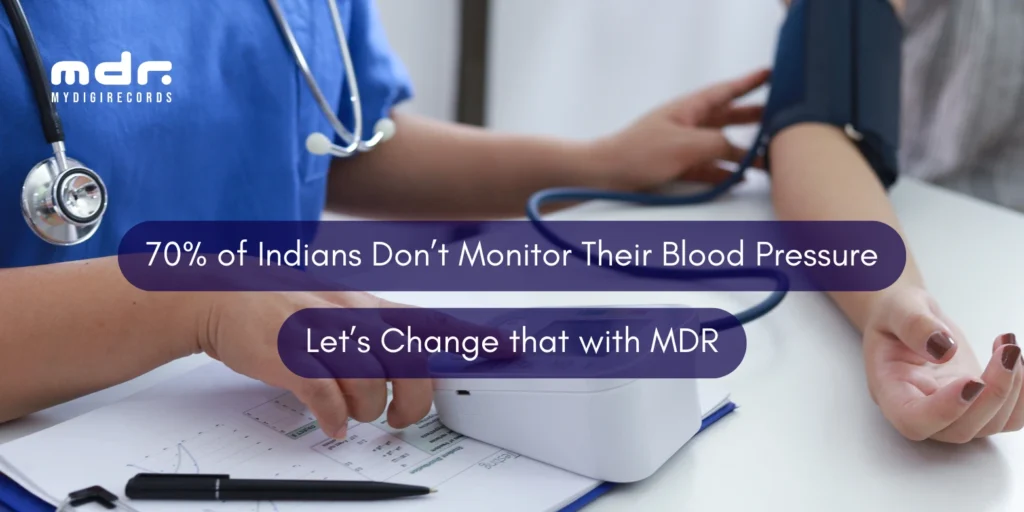
70% of Indians Don’t Monitor Their Blood Pressure – Let’s Change That with MDR
70% of Indians Don’t Monitor Their Blood Pressure – Let’s Change That with MDR Table of Contents: The Silent Killer
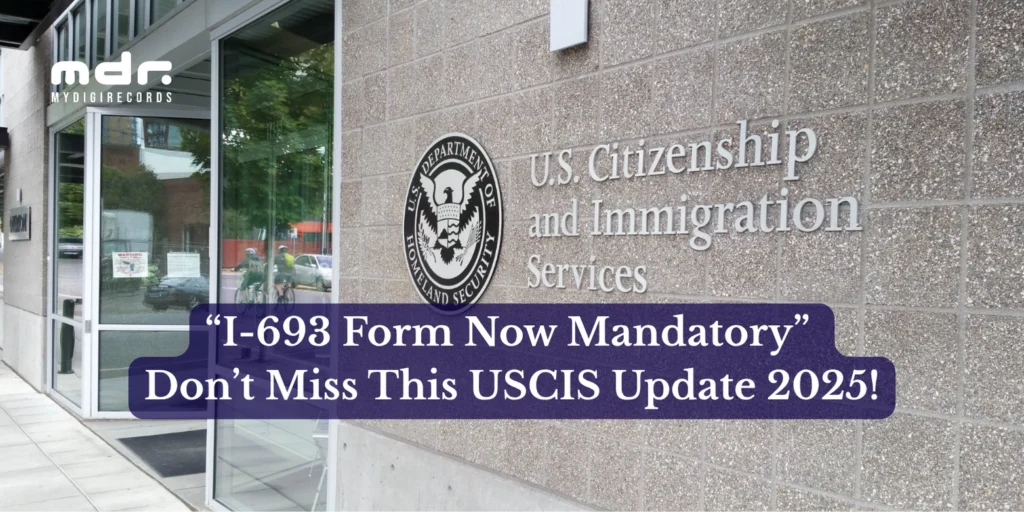
New USCIS Rule 2025: Green Card Applications Must Now Include Medical Form I-693 – What You Need to Know
New USCIS Rule 2025: Green Card Applications Must Now Include Medical Form I-693 – What You Need to Know Table
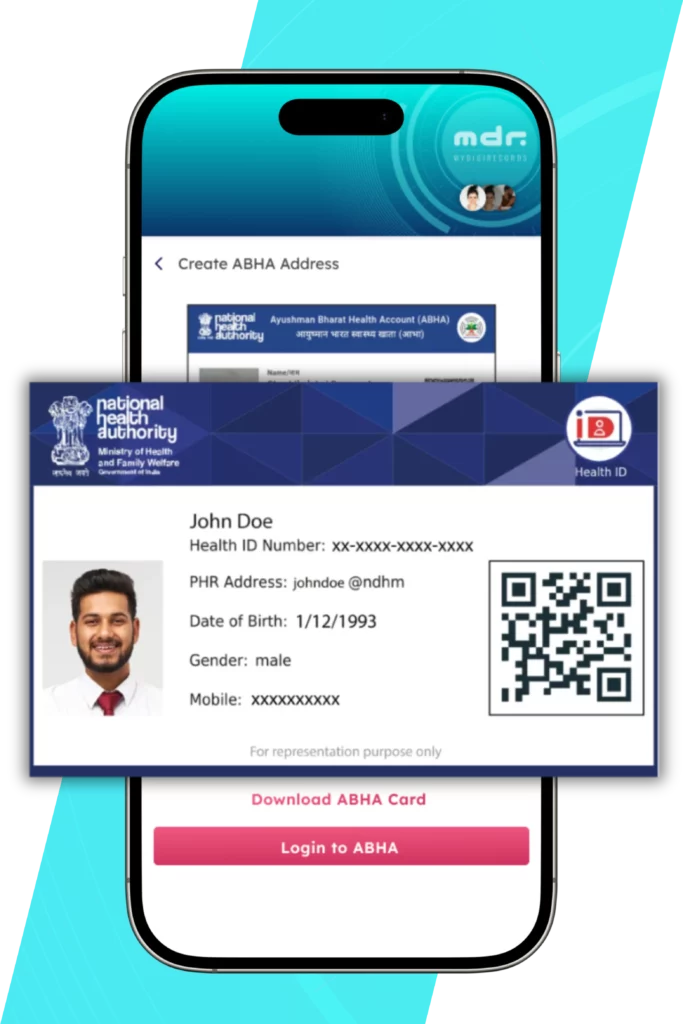
A Deep Dive into ABDM and ABHA ID with MyDigiRecords – Unlocking the Power of Digital Health
A Deep Dive into ABDM and ABHA ID with MyDigiRecords – Unlocking the Power of Digital Health Table of Contents:
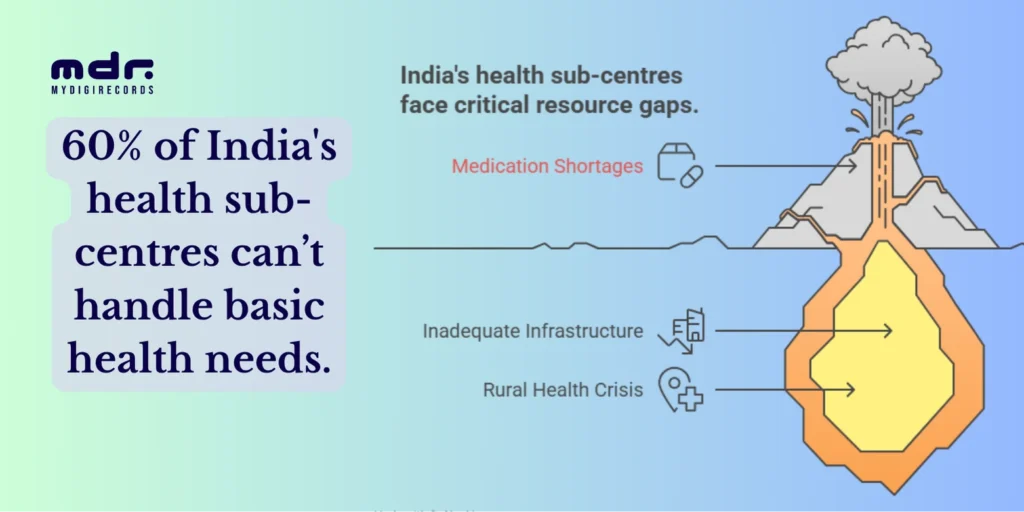
India’s Health Sub-Center Crisis: How Digital Health Records Can Bridge the Rural Care Gap
India’s Health Sub-Center Crisis: How Digital Health Records Can Bridge the Rural Care Gap Table of Contents: Introduction The Data
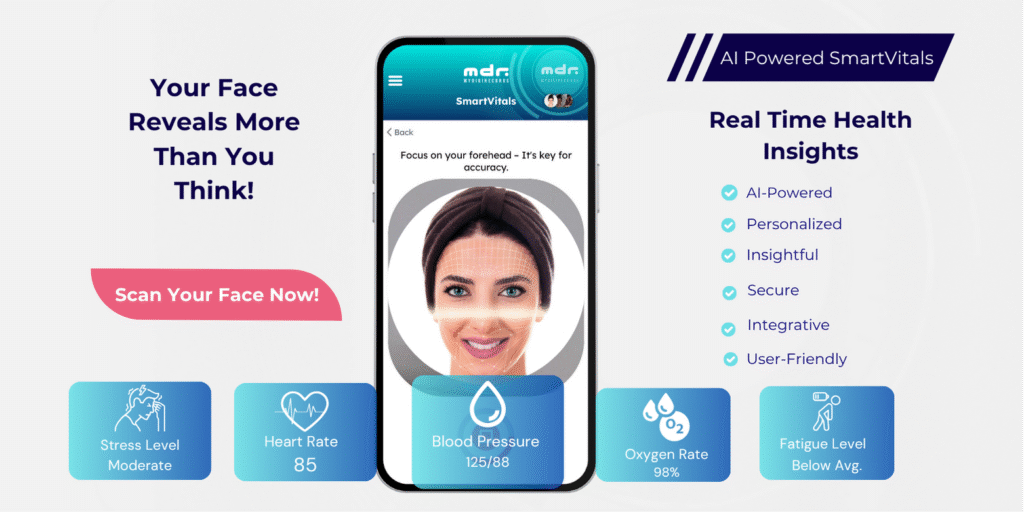
AI-Powered Face Scan: The Future of Blood Pressure Monitoring Is Here
AI-Powered Face Scan: The Future of Blood Pressure Monitoring Is Here Table of Contents: Introduction The Rise of Contactless Health

How Smart Clinics Are Using AI to Speed Up Diagnosis and Treatment
How Smart Clinics Are Using AI to Speed Up Diagnosis and Treatment Table of Contents: Introduction What Are Smart Clinics?
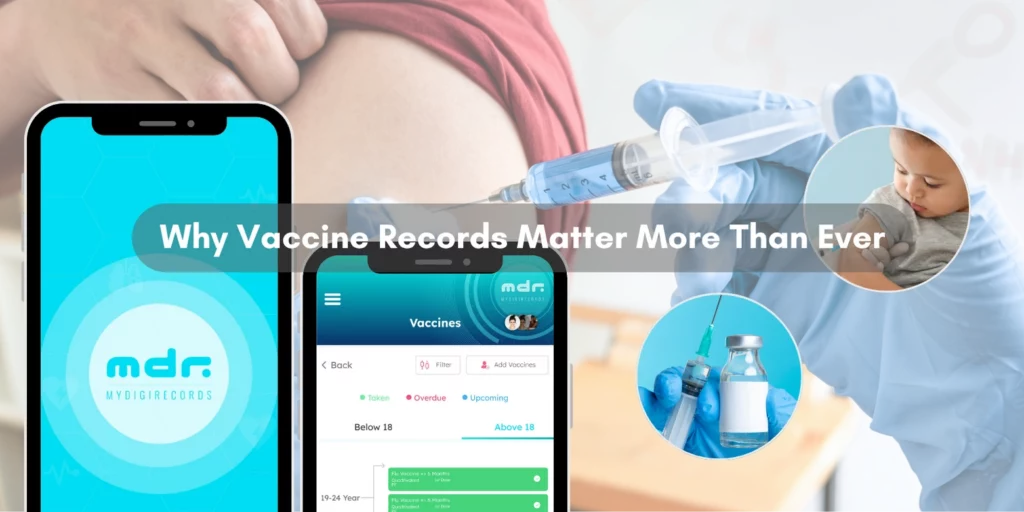
Vaccination Vault: Why Keeping Digital Records Is Now a Must in 2025
Vaccination Vault: Why Keeping Digital Records Is Now a Must in 2025 Table of Contents: Introduction Why Vaccine Records Matter
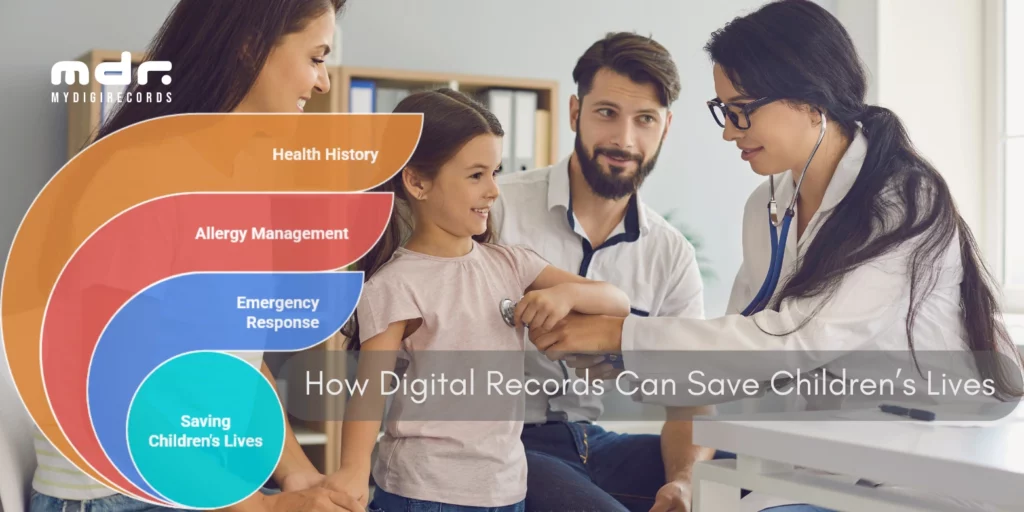
From Allergies to Emergencies: How Digital Records Can Save Children’s Lives
From Allergies to Emergencies: How Digital Records Can Save Children’s Lives Table of Contents: Why Every Second Matters The Hidden

Managing Medicines for the Whole Family? Here’s How to Do It with One App
Managing Medicines for the Whole Family? Here’s How to Do It with One App Table of Contents: Introduction Why Medication

How Corporates Can Use AI-Powered Health Data to Boost Productivity
How Corporates Can Use AI-Powered Health Data to Boost Productivity Table of Contents: Introduction The Rise of AI in Corporate

